detail profile sonia buchman

Info Pribadi
Peran Yang Di Mainkan Sonia Buchman
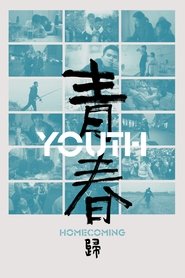 Wang Bing concludes his monumental Youth...
Wang Bing concludes his monumental Youth...Youth (Homecoming) 2025
Wang Bing concludes his monumental Youth trilogy in expansive fashion, giving ever wider scope to the lives of migrant workers in Zhili’s textile factories as they plan to go to their remote hometowns to visit their families and celebrate the festivities for New Year’s break.
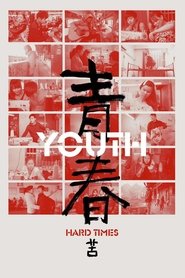 In this enveloping second part of...
In this enveloping second part of...Youth (Hard Times) 2025
In this enveloping second part of the Youth trilogy, shot between 2015 and 2019, Wang Bing deepens his vérité portrait of a generation struggling to survive on meager wages amidst a nation’s economic expansion, emphasizing the distrustful, increasingly combative relationship between workers and management.
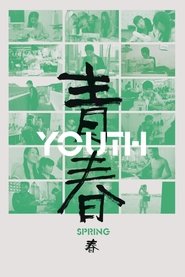 This film was shot between 2014 and 2019...
This film was shot between 2014 and 2019...Youth (Spring) 2023
This film was shot between 2014 and 2019 in the town of Zhili, a district of Huzhou City in Zhejiang province, China. Zhili is home to over 18,000 privately-run workshops producing children's clothes, mostly for the domestic market, but some also for export. The workshops employ around 300,000 migrant workers, chiefly from the rural provinces of Yunnan, Guizhou, Anhui, Jiangxi, Henan and Jiangsu.
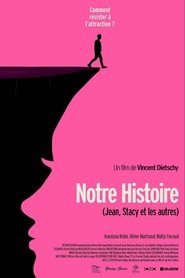 Vincent tells the story of Jean...
Vincent tells the story of Jean...Notre Histoire 2022
Vincent tells the story of Jean, a character who is a part of him, without being him. In this story Jean meets Stacey. Among the echoes of today's society the professional and private relationship of a filmmaker and an actress at work is growing. Notre Histoire is a modern tragi-comedy, a love letter to a woman, a tribute to a neighborhood victim of terrorism, a self-portrait, a social criticism, the description of a relationship between a filmmaker and an actress, in the center of which desire and urgency to work mix.
 Jake and Mati are two outsiders...
Jake and Mati are two outsiders...Porto 2017
Jake and Mati are two outsiders in the northerly Portuguese city of Porto who once experienced a brief connection. A mystery remains about the moments they shared, and in searching through memories, they relive the depths of a night uninhibited by the consequences of time.
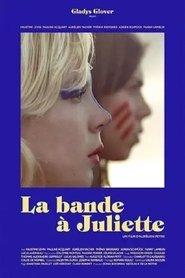 Maglone and Juliette are 19 After graduating...
Maglone and Juliette are 19 After graduating...Juliet's Band 2016
Maglone and Juliette are 19. After graduating from high school, Juliette has decided to study the visual arts. She has made new friends whom she invited to her cottage in Normandy in order to introduce them to Maglone. “Juliette and I have known each other since the sixth grade. I don't know her squad, but... are my friend's friends also mine?”
 In 1985 former oil rig worker Richard...
In 1985 former oil rig worker Richard...Double Play: James Benning and Richard Linklater 2013
In 1985, former oil rig worker Richard Linklater began a film screening society in Austin, Texas, that aimed to show classic art-house and experimental films to a budding community of cinephiles. Eventually incorporating as a nonprofit, the newly branded Austin Film Society raised enough money to fly in their first out-of-town filmmaker: James Benning. Accepting the invitation, Benning met Linklater and the two began to develop a personal and intellectual bond, leading to many future encounters. Starting in the 1960s, Benning had been creating low budget films mostly on his own, while Linklater had just begun to craft his first shorts. The filmmakers have remained close even as their careers have diverged. After the cult success of Slacker, Linklater went on to make films with Hollywood support. Benning, meanwhile, has stayed close to his roots and is mainly an unknown figure in mainstream film culture.
 French Basque Country year 1609 The men...
French Basque Country year 1609 The men...